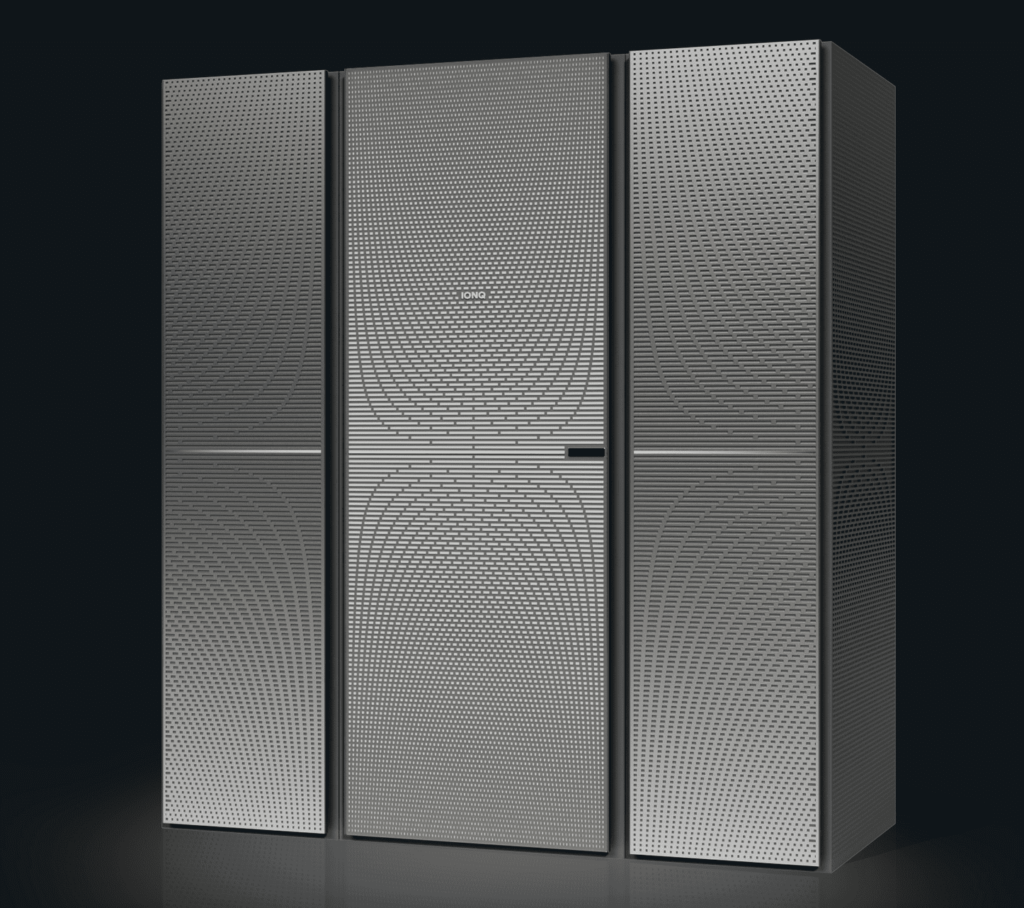Insider Brief:
- Moody’s latest research with Rigetti uses quantum-based signature kernels to predict the odds of a recession and to assess how economic and financial data inform us of the risks of a future recession, yielding promising initial results in terms of accuracy and early recession warning capabilities.
- Ricardo Garcia at Moody’s Analytics says that the rare nature of recessions makes predicting one a challenging task as most statistical models rely heavily on the examples of past recessions to predict the future.
- Garcia continues by saying that they found that quantum-based signature kernel methods yield promising initial results in terms of accuracy and early recession warning capabilities, indicating their potential value for time series modelling.
PRESS RELEASE — May 10, 2023 — With near-term noisy quantum devices becoming more available and the race for fault-tolerant quantum computers in full swing, quantum technologies continue to rapidly advance, and it is becoming increasingly important to understand which applications can benefit from the power of these devices. Financial institutions have an important role developing cutting-edge techniques that combine quantum computation and machine learning to improve their efficiency, reduce risk, and deliver better outcomes to customers.
Moody’s latest research with Rigetti uses quantum-based signature kernels to predict the odds of a recession and to assess how economic and financial data inform us of the risks of a future recession, yielding promising initial results in terms of accuracy and early recession warning capabilities.
Quantum computing is an emerging technology, however many quantum hardware architectures are steadily scaling towards higher qubit and lower error rate regimes where QML models can be probed in order to go beyond simulation. Other recent examples of QML applied to finance include boosting fraud detection algorithms and quantum generative modelling for generating high-quality synthetic data for testing asset allocation and risk management strategies.
As the field progresses and more tools are readily available, economists and other practitioners/analysts can start leveraging these for their time series forecasting challenges and other regression, clustering and unsupervised-based machine learning approaches.

Ricardo Garcia at Moody’s Analytics, said: “The rare nature of recessions makes predicting one a challenging task as most statistical models rely heavily on the examples of past recessions to predict the future. We compared the ability of quantum and classical predictions methods in this particular task, using quantum computing to ‘augment’ machine learning processes. We found that quantum-based signature kernel methods yield promising initial results in terms of accuracy and early recession warning capabilities, indicating their potential value for time series modeling. Further work will assess their effectiveness in dealing with high dimensional and irregularly spaced financial/macroeconomic time series as well as continue to investigate improvements to the quantum model and, even more importantly, we will optimize execution times and quantum error mitigation techniques, to outperform classical simulation of a quantum circuit on problems with a higher number of features.
“We hope to generate further progress in Quantum Machine Learning (QML) techniques applied to financial and economic time series problems by introducing these algorithmic advances and real-world use cases. Nonetheless, QML applied to classical datasets still remains a central challenge as further empirical evidence and algorithmic design is needed to demonstrate quantum advantage in the task of prediction.”
The full research can be downloaded at the link https://www.moodys.com/web/en/us/about/what-we-do/quantum-computing/recession-prediction.html
Image by Gerd Altmann from Pixabay
If you found this article to be informative, you can explore more current quantum news here, exclusives, interviews, and podcasts.




















